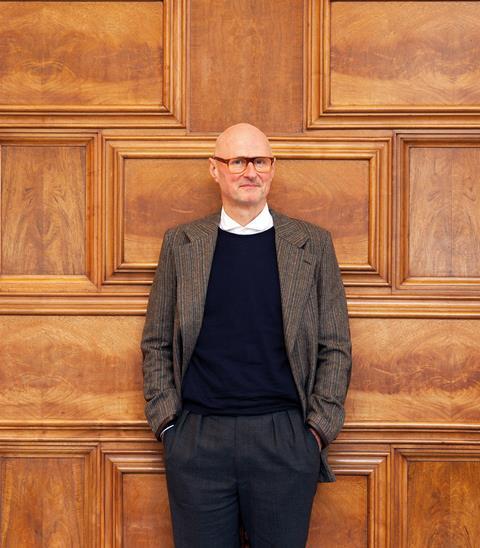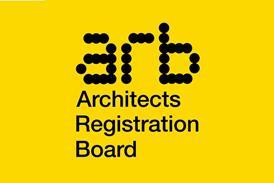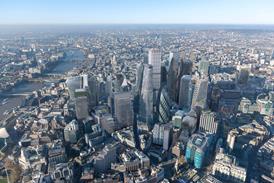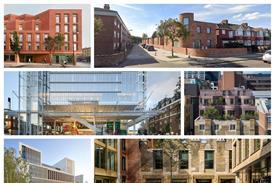Simon Allford says government-commissioned report is “critical tool” for improving building safety
Loose regulations for construction products highlighted in last week’s landmark Morrell review are a “significant concern”, RIBA president Simon Allford has said.
The independent report, authored by the government’s former chief construction advisor Paul Morrell and legal expert Anneliese Day, found that two-thirds of construction products on the market are currently unregulated.
It made a series of recommendations for tightening the product testing regime, including bringing all materials into the scope of the new Construction Products Regulator and strengthening enforcement.
The government-commissioned report said manufacturers should also be required to submit all technical and marketing information for the products to a centralised and publicly accessible database.
Allford said RIBA welcomed the report as a “critical tool to be utilised in improving our building safety regime”.

“The report however makes for stark reading – the vast number of unregulated products, lack of regulatory enforcement and complexity of the construction products system are of significant concern,” he added.
Morrell and Day’s report strongly criticised the current enforcement system, which it says appears to have not made a single prosecution since it was enacted in 2011, and carried out only a limited number of investigations.
But Allford said the testing of construction is just one part of an “overly complicated system” and renewed RIBA’s call for a wholesale review of Approved Document B, the part of the Building Regulations that deals with building safety.
Specifically, the AHMM co-founder and director repeated RIBA’s long standing endorsement of lowering the threshold for mandatory second staircases in residential buildings from those above 30m to buildings above 18m.
Morrell and Day’s review was ordered following a series of shocking revelations from product makers at the public inquiry into the 2017 Grenfell fire which exposed the lack of central control of the product testing regime.
These included admissions by former staff at insulation manufacturer Celotex that a fire test had been rigged to ensure a combustible product could be used in high-rise buildings. That product, Celotex’s RS500, was the primary insulation material used in the cladding system in Grenfell tower.
The inquiry heard that another insulation maker, Kingspan, had been selling its widely used K15 insulation for 15 years using a test report of a different product.
Hearings were also told how the makers of Grenfell’s aluminium composite cladding panels, Arconic, had been aware for more than a decade before the 2017 blaze, which killed 72 people, that the product would burn fiercely in the event of a fire.
















No comments yet